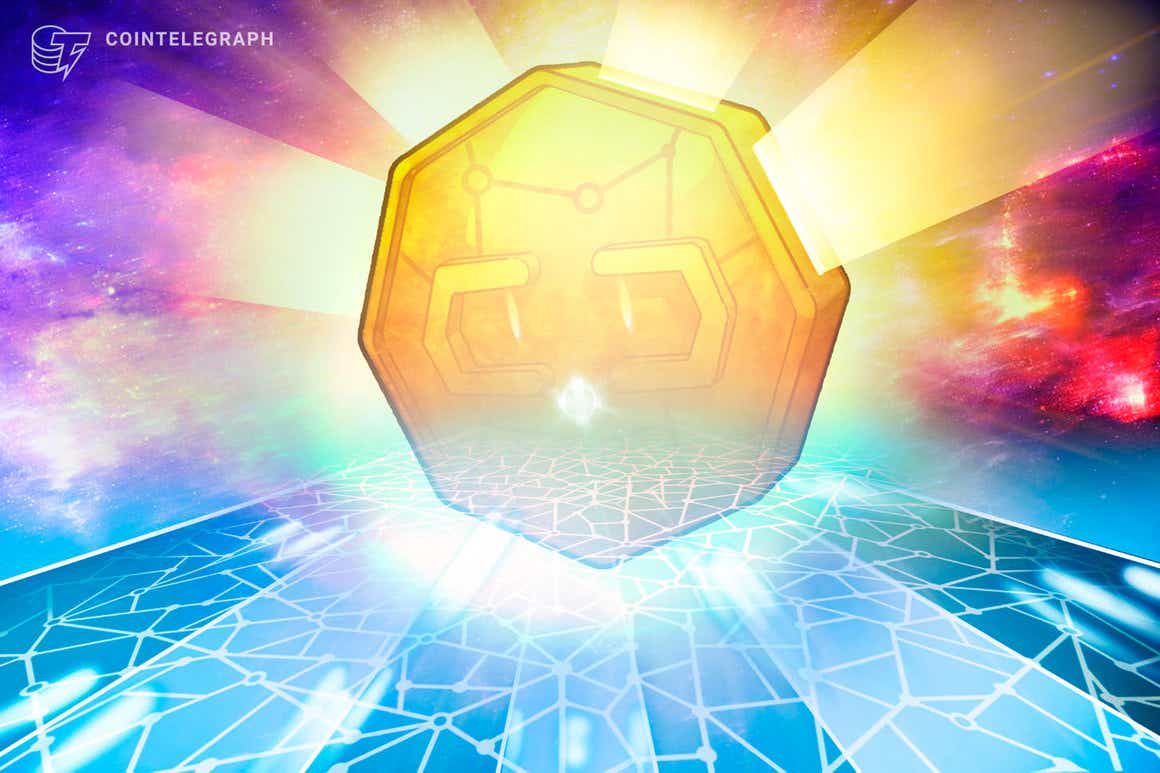The COVID-19 pandemic, along with other recent events, have revealed the need for a fully digital economy, giving rise to Metaverse ecosystems, Web3 p
The COVID-19 pandemic, along with other recent events, have revealed the need for a fully digital economy, giving rise to Metaverse ecosystems, Web3 platforms and the adoption of digital currencies.
For example, the Ukrainian government recently reached out to the crypto community on Twitter asking for donations in Bitcoin (BTC), Ether (ETH) and Tether (USDT). Nonfungible tokens, or NFTs, have also gained mainstream adoption as artists and creators across the globe have discovered new forms of monetization with these models. While innovative, these use cases also demonstrate the notion that blockchain-based concepts that emerged early on often take years to resonate with mainstream society.
Social tokens in 2022
This also appears to be the case with social tokens o tokens that are issued by individuals and communities to create engagement. While social tokens were predicted to be the next big trend within the crypto sector in 2020, they seem to be taking off this year due to increased interest from non-crypto natives.
Jan Baeriswyl, token design specialist at Outlier Ventures — a venture capital firm supporting the development of new technologies — told Cointelegraph that social tokens are fungible, ERC-20 tokens that can be used for instances other than financial purposes. “For example, social tokens can be used to gain access to specific communities, like on Discord. By being less financially focused, social tokens are more accessible to the mainstream, which is why we are seeing increased interest,” Baeriswyl explained. He added that social tokens can take different forms for various purposes, noting that these digital tokens can be used by creators to engage with fans, or by communities to increase awareness for certain causes.
In addition, social tokens are also being leveraged to help creators and communities gain access to Web3 platforms that offer decentralized models and incentives for community participation. Andrew Berkowitz, chief executive officer at Socialstack — a social token issuance platform built on the Ethereum, Polygon and Celo — told Cointelegraph that Socialstack caters to non-crypto native communities to help issue social tokens that allow for the development of a Web3 ecosystem. “At Socialstack, we realize that 99% of the world are not crypto-natives. We believe that individuals need a platform where they can simply use an email login to take advantage of Web3 capabilities,” he said.
To put this in perspective, Berkowitz explained that Socialstack recently helped Project Zero — a non-profit organization focused on protecting the ocean from climate change — launch a social token to create an “ecosystem of value that benefits both the planet and participants.” Michele Clarke, founder and CEO of Project Zero, told Cointelegraph that their social token, PZero, enables community members to earn rewards by taking specific actions.

For instance, Clarke remarked that Project Zero’s pre-existing user base consists of about 1 million people. Users can now be rewarded with PZero by helping raise awareness for certain issues. “This can be further amplified by an ambassador with a massive following, a brand partner or collectible artist or news piece that causes a spike into the millions or even hundreds of millions, and we have had a few activations reach over a billion,” she said. Clarke also explained that a primary focus Project Zero aims to achieve with its social token is to convert members’ brief attention spans (often seen during a major crisis) into long-term participation with the organization.
Jake Beaumont-Nesbitt, founder and chief community experience officer at Project Zero, further told Cointelegraph that Project Zero was created eight years ago and was decentralized by design, as the project is made up of a science-based community located across the globe. Given this, Beaumont-Nesbitt explained that Project Zero naturally aligned with the Web3 ethos, as the organization has always existed without centralized platforms or third-party intermediaries. By adopting a Web3 model through the incorporation of social tokens, Beaumont-Nesbitt pointed out that Project Zero is now able to better engage with its community. He said:
“Web3 engagement allows an organization to scale up massively by creating value going back to the contributors. Giving back to certain causes today isn’t just about dropping money in a jar and hoping it helps. Web3 enables transparency, allowing people to understand where their money is going, while also participating in a greater way.”
In terms of incentives, Clarke noted that Project Zero community members will be able to use their social tokens to redeem a variety of digital and real world offerings. “For example, members could buy an NFT on our platform and then be rewarded even more with social tokens to redeem for different…
cointelegraph.com
